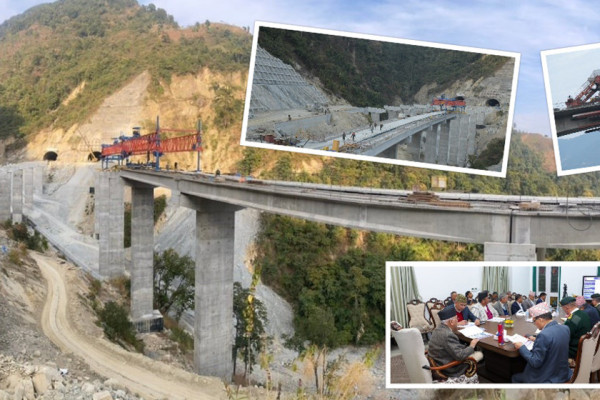Underneath a dusky sky, the Jyapu farmers had already clustered in small groups by the time I reached Khokana.
Their goal for the day was to lodge in juvenile paddy saplings in their fields, which would later provide ration for the remainder of the year upon harvesting. Incidentally, the day I was invited by a local to her field was also the National Paddy Day – where photo enthusiast crowding the muddy swamps in hopes for a picture-perfect shot is of a common sighting. However, the aura was quite subtle. Besides the workers in the fields, there weren’t outsiders invading their space. It was evident that the farmers relished a bit of solitude.
Khokana celebrates 'Ropain' festival

For me, it was my first time in a paddy field. As I stood on a dry island by the field, my host -- a middle-aged woman, Champa Maharjan -- called me to join her. I agreed and soon rushed into the muddy slough. For me, the mushy ground underneath my boots was a new experience; I felt an instant connection with nature. In the meantime, the farmers around me continued their designated tasks as they chit-chatted among themselves. Out of nowhere, the field buzzed with my host, Champa Maharjan’s husky voice, which was soon followed by a loud roar of laughter.
Amidst the fun, and games of the ropai, the lunch break to me was the most memorable. Despite my reluctance, I was offered with a platter of a hefty meal comprising beaten rice, vegetables, buff meat, and dahi-chewra – it was Ashad 15 after all. No Newari field meal is complete without a cloudy brew of chhyang, so I too had to comply with the norm.
The hospitality of the farmers left me in awe. Despite the ongoing struggle with the authority, it was apparent that they still had space for happiness in their lives.
Overall, the paddy plantation at Khokana was a day well spent with the purest of hearts.







































